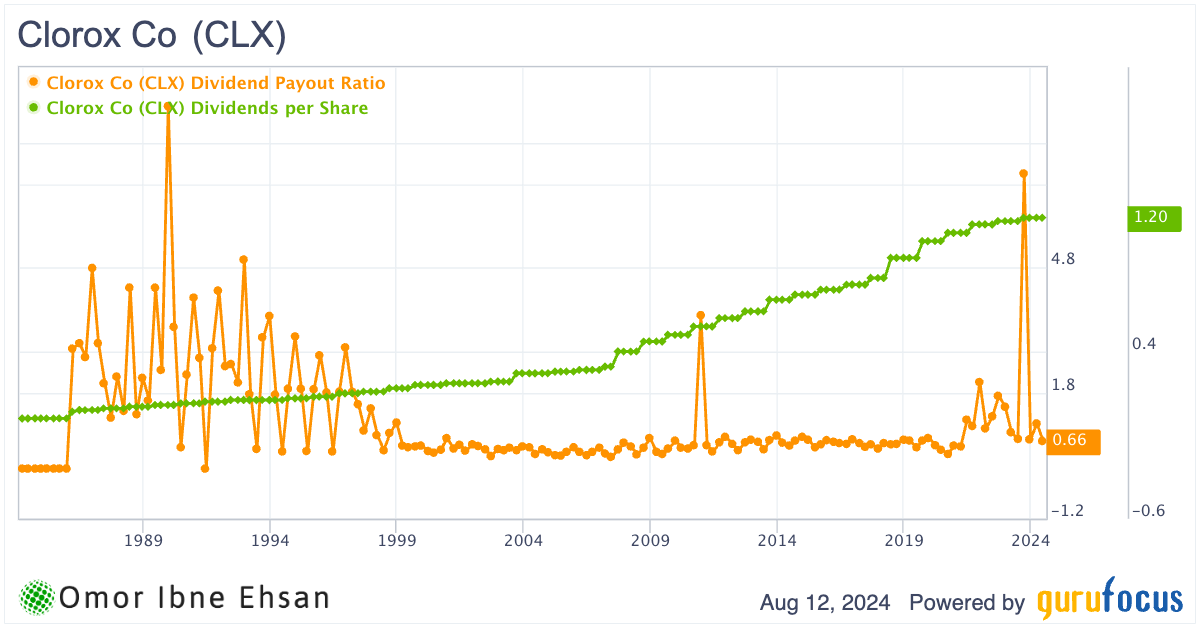What Stocks To Buy Before A Recession

Imagine a cozy fireside chat, the gentle crackle mirroring the nervous flutter in the financial markets. Outside, storm clouds gather – whispers of a potential recession swirl like the autumn leaves. But inside, the air is warm with anticipation, a sense of preparedness. We're not here to fear the storm, but to navigate it wisely, armed with knowledge and a clear strategy.
This article aims to provide a roadmap for investors seeking to fortify their portfolios against a potential economic downturn. We’ll explore sectors and specific stocks historically known to weather recessions effectively, offering practical insights to help you make informed decisions and potentially even thrive amidst uncertainty.
Understanding the Landscape
Recessions, while unsettling, are a natural part of the economic cycle. Understanding their historical impact and common characteristics is crucial for informed investment strategies. During these periods, consumer spending often declines, business investments slow down, and unemployment rates tend to rise.
However, certain sectors tend to be more resilient than others. Think of it as seeking shelter in a well-built house during the storm – some areas are inherently more protected.
Defensive Stocks: The Safe Havens
Defensive stocks are generally considered less sensitive to economic fluctuations. These are companies providing essential goods and services that people need regardless of the economic climate.
Think of necessities like food, healthcare, and utilities. These sectors tend to maintain a steady demand, providing a degree of stability for investors. Companies like Procter & Gamble (PG) or Johnson & Johnson (JNJ), known for their everyday consumer products and healthcare offerings, often fall into this category.
The demand of these products are less affected by the economy situation.
Utilities: Powering Through Uncertainty
Utility companies provide essential services such as electricity, water, and gas. Regardless of the economic climate, people still need to power their homes and businesses.
Companies like NextEra Energy (NEE) or Duke Energy (DUK) often offer relatively stable dividends and consistent revenue streams. These are often favored as safe options during economic uncertainty.
Consumer Staples: Everyday Essentials
Consumer staples companies manufacture and sell products that people use every day, such as food, beverages, and household goods. As mentioned before, businesses like Walmart (WMT) or Costco (COST) tend to hold up well.
These products are less discretionary, people still need to eat, clean, and maintain their homes, even during a recession. This consistent demand can provide a buffer against economic downturns.
Beyond Defensive: Exploring Other Opportunities
While defensive stocks offer stability, there are other sectors that may present opportunities during a recession. These require a more nuanced understanding of the market and a willingness to take calculated risks.
It's important to remember that no investment strategy is foolproof, and diversification is key to managing risk.
Discount Retailers: Thriving on Value
As consumers become more price-conscious during a recession, discount retailers often see an increase in business. People become much more budget concern during the recession.
Companies like Dollar General (DG) or Dollar Tree (DLTR) can benefit from this shift in consumer behavior. This is due to their focus on affordability and value.
Healthcare: A Constant Need
While some elective procedures may be postponed during a recession, essential healthcare services remain in demand. This is regardless of economic conditions.
Pharmaceutical companies like Merck (MRK) or medical device manufacturers often demonstrate resilience. This is due to the ongoing need for their products and services.
A Word of Caution and a Final Thought
Before making any investment decisions, it's crucial to conduct your own thorough research and consult with a qualified financial advisor. This article is intended for informational purposes only and should not be considered financial advice.
Remember that the stock market is inherently volatile, and past performance is not indicative of future results. Proceed with caution and a well-defined investment strategy.
As the fire in our metaphorical hearth begins to die down, remember that recessions, while challenging, can also present opportunities for savvy investors. By focusing on defensive sectors, exploring value-driven opportunities, and remaining disciplined in your approach, you can navigate the storm with confidence and emerge stronger on the other side. Stay informed, stay vigilant, and invest wisely.







